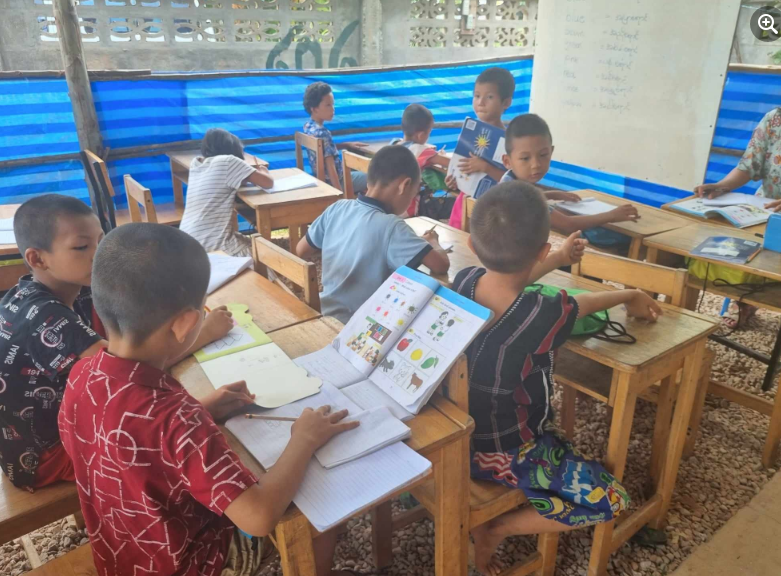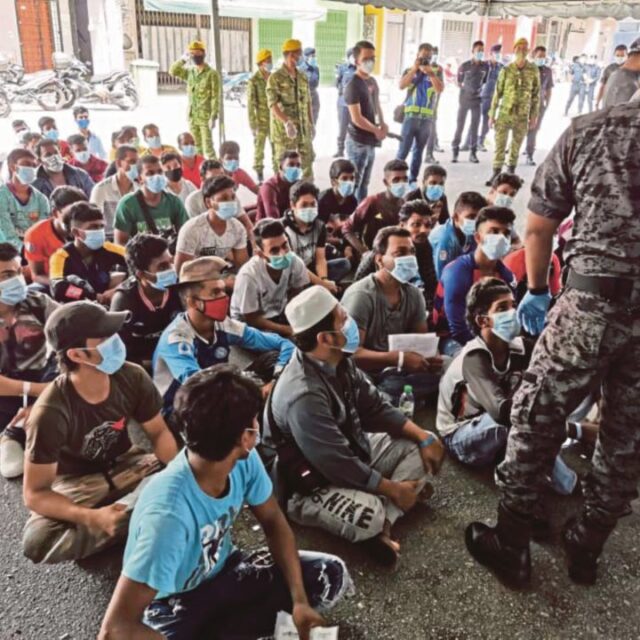The number of orphans is increasing annually as conflicts and wars continue to displace people worldwide. Various factors, including military, political, and territorial disputes, bullying, abuse, and narcotics drive these conflicts.
Records indicate that 27 conflicts and wars are ongoing globally, predominantly in Africa and Asia. These regions are plagued by internal armed conflicts and territorial disputes, which invariably result in negative societal impacts, leaving behind orphans and individuals with disabilities.
Children often become orphans due to various circumstances during wars. Without care and support, these orphans endure severe hardships, living as the poorest among war refugees. UNICEF estimates that out of the world’s 2.2 billion children, approximately 150 million are orphans due to political crises, with 17.6 million having lost both parents.
In Myanmar, children under 18 are typically under parental care, receiving food, clothing, and shelter as basic necessities. While death is a natural part of life, wartime losses are particularly tragic. Orphans, in such situations, face significant challenges, including disrupted education and daily struggles for food, clothing, and shelter. Many also suffer from physical disabilities due to the conflicts.
These orphans, deprived of educational opportunities, are left without future aspirations. It is crucial for authorities to address their basic needs and ensure they have access to education. Children or orphans do not cause wars, yet they bear the brunt of the consequences. Therefore, governments must implement plans to provide health and social care for children from war-affected areas. UNICEF reports that by late November last year, over 5,300 children had died in Gaza, accounting for 40 per cent of all deaths in the region.
In summary, the rise in the number of orphans due to conflicts and wars calls for immediate attention and action. Ensuring their basic needs and providing educational opportunities are essential steps towards giving them a hopeful future. Governments and relevant authorities must prioritize health and social care for these vulnerable children, as they are innocent victims of circumstances beyond their control. By extending loving-kindness and support, society can help orphans navigate through their hardships and work towards a better future.
That is why it is necessary to avoid conflicts, wars and racial disputes, which produce millions of orphans worldwide. These wars and conflicts disintegrate families, leaving the children with disabilities. Hence, the world loses the human resources of new generations. As such, everybody needs to give loving-kindness and warmness to all children who lost their futures in the wars and conflicts.
Provide compassionate support to orphans
- June 23, 2024
- 50













